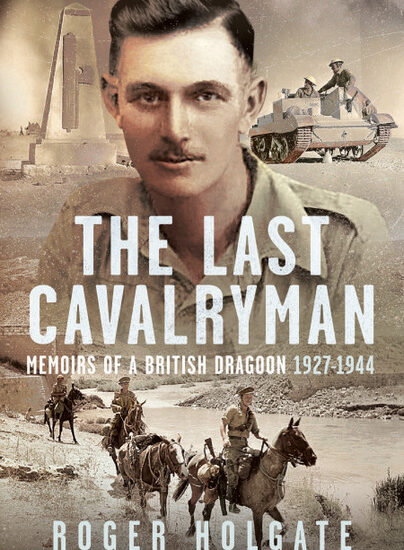Author Guest Post: Dr Frank Ryding
Memoirs of a Red Cross Doctor
HISTORY REPEATS ITSELF
It’s heart-rending to hear news of what’s happening in the Ukraine. I’ve been to Kyiv twice with the Red Cross charity organisation; first after the 1986 Chernobyl nuclear reactor disaster to measure radiation, then again in 1991 with an urgent donation of medical aid.
But the present conflict there seems almost like Deja-vu to me – because in 1995 I went out to another war zone, Chechnya, for six months with the Red Cross. We were there to provide emergency medical relief to the thousands of injured and displaced people who had suffered in very much the same way that the Ukrainians are suffering now.
After Chechnya declared independence, a five-day continuous artillery bombardment and air raids by the Russian army left the capital Grozny and the rest of this small country in ruins – hospitals and basic amenities destroyed, 35,000 civilians killed, and many more refugees homeless.
It was a dangerous place and a harrowing experience burying the dead, treating the injured, seeing the burnt-out buildings, the lack of basic food, water and sanitation and power, and faced with the seemingly impossible task of trying to provide some relief from that nightmare.
I’ve done fifteen similar missions for the Red Cross throughout the world in over forty years and I look at today’s news with a sad feeling of familiarity.
But I’ve also seen the heart-warming side of human nature during these conflicts, the compassion, the fortitude, the optimism, and the overwhelming urge to help those less fortunate and to make some contribution to their desperate needs.
It’s easy to get disillusioned and overwhelmed when working in wars and disasters. But every bit of help, however small, is worthwhile. I remember, in Somalia, coming across the proverb: “It is better to light a single candle than to curse the darkness”.
That’s what kept me going.
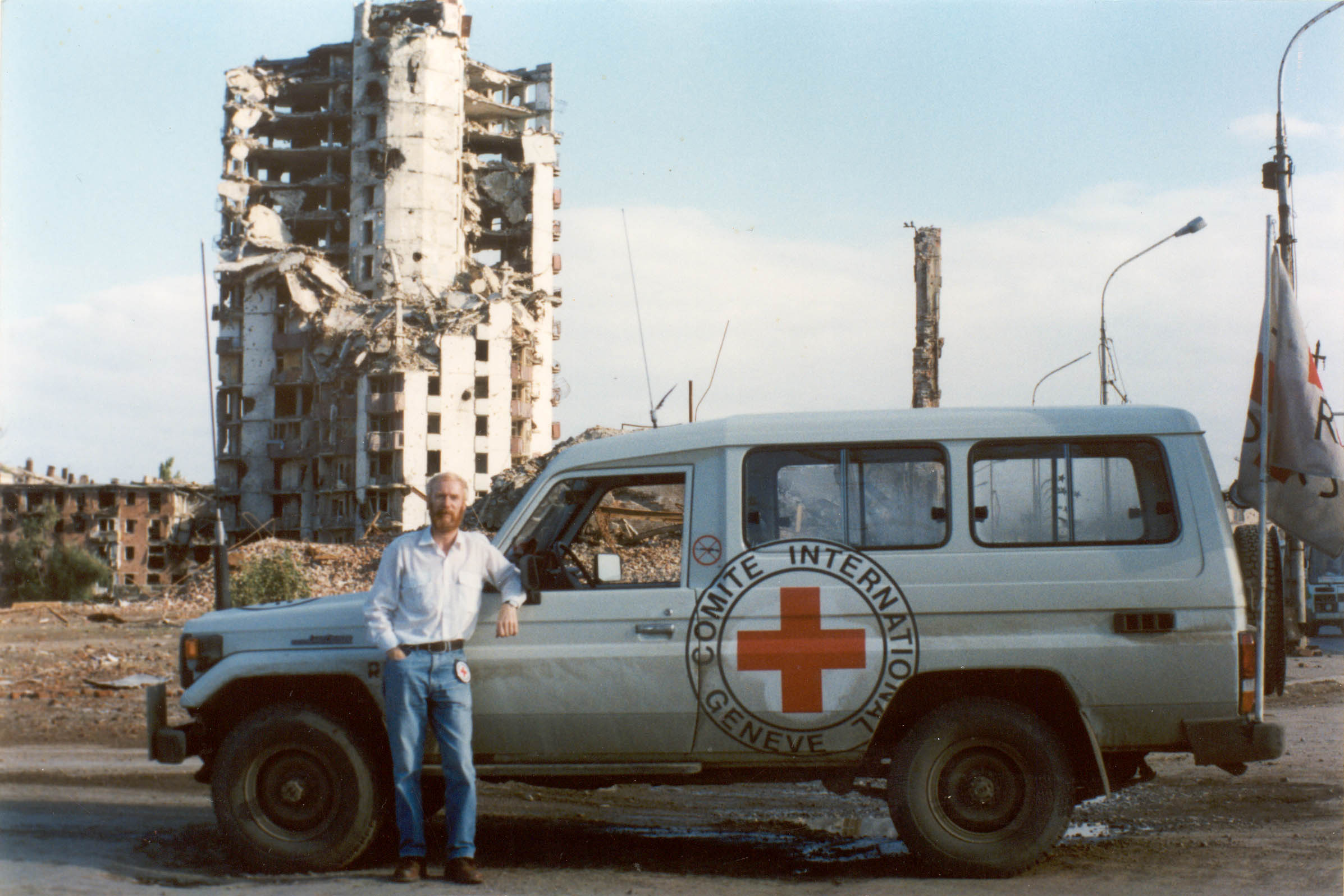
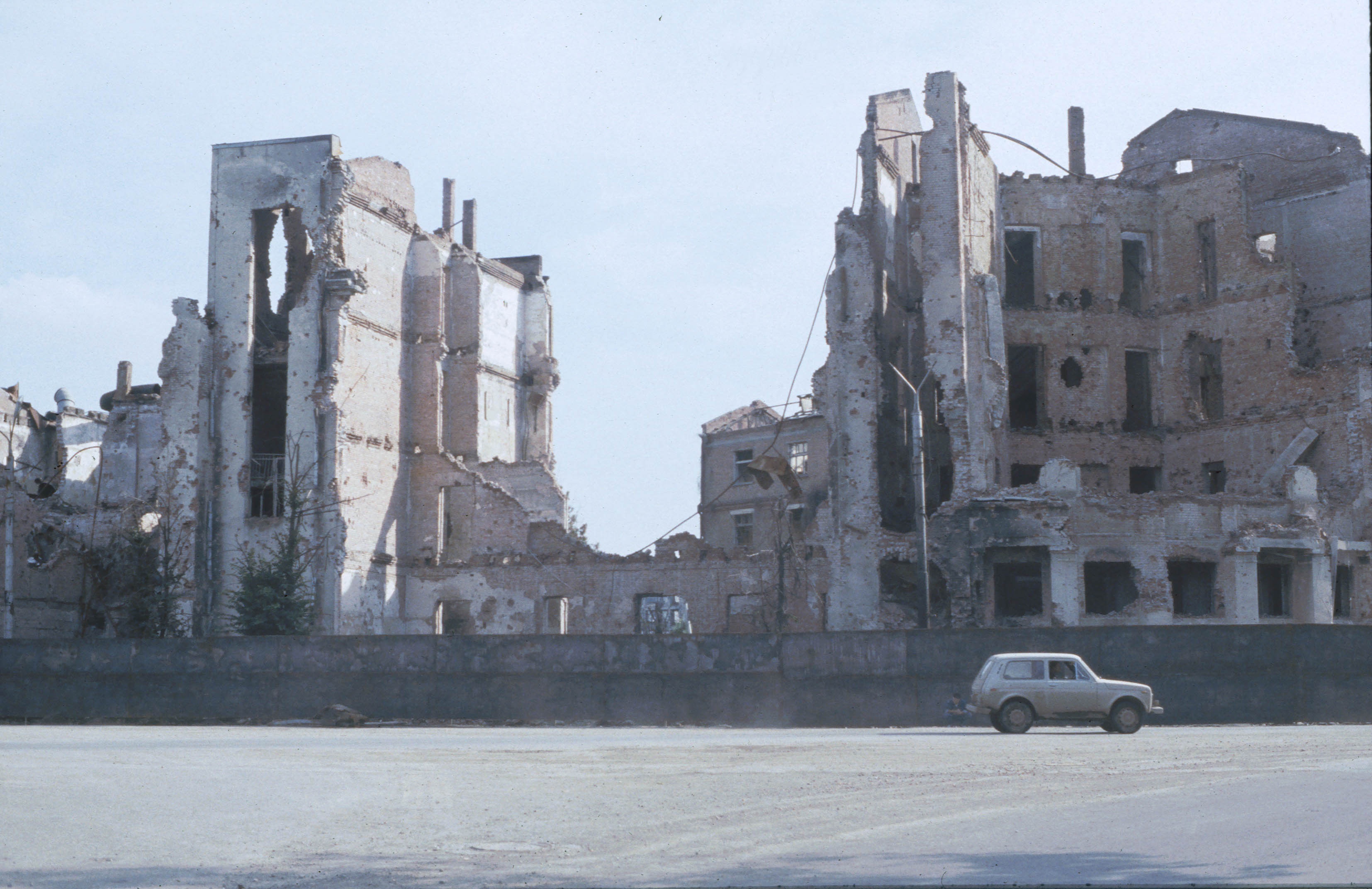
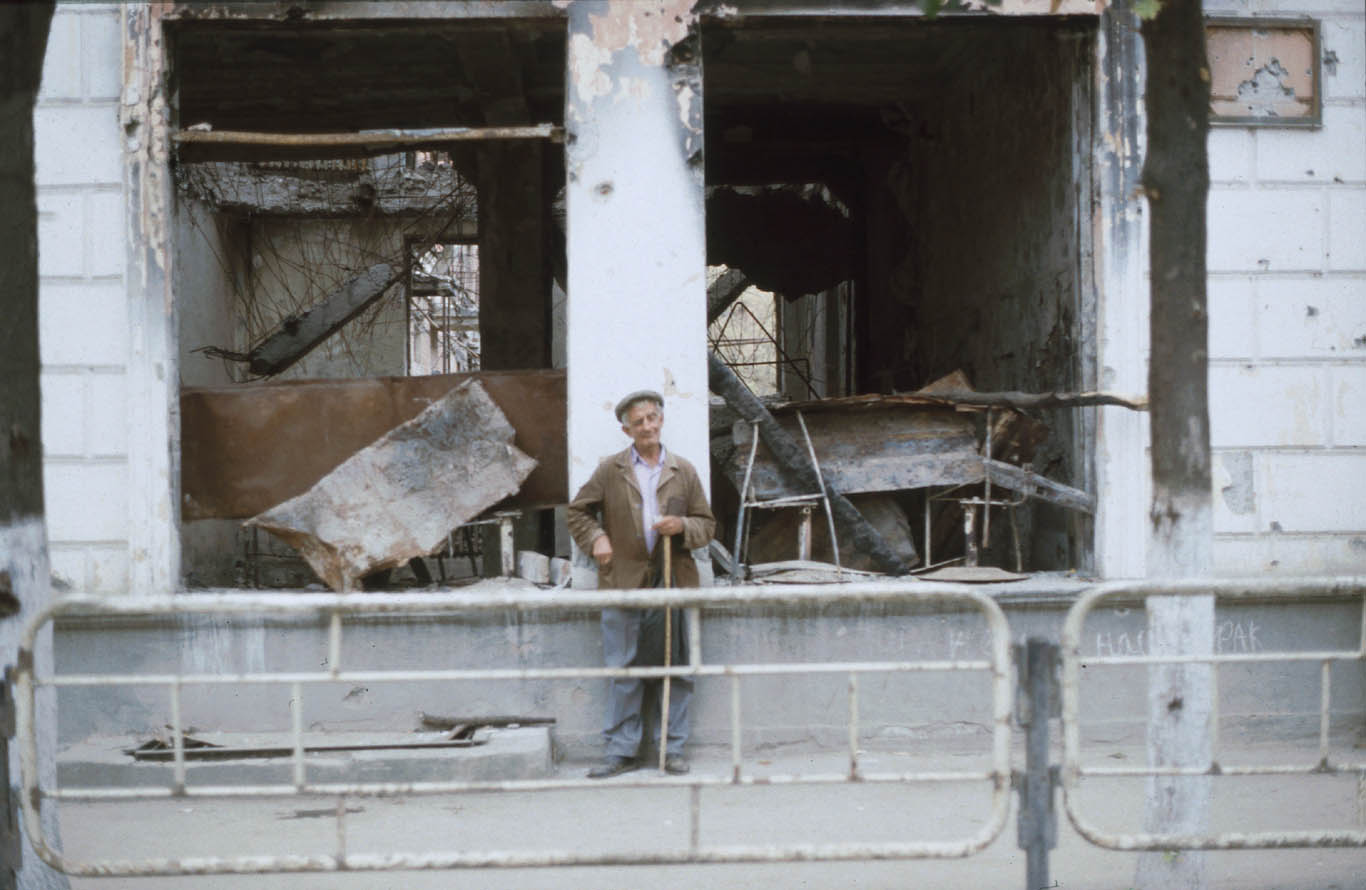
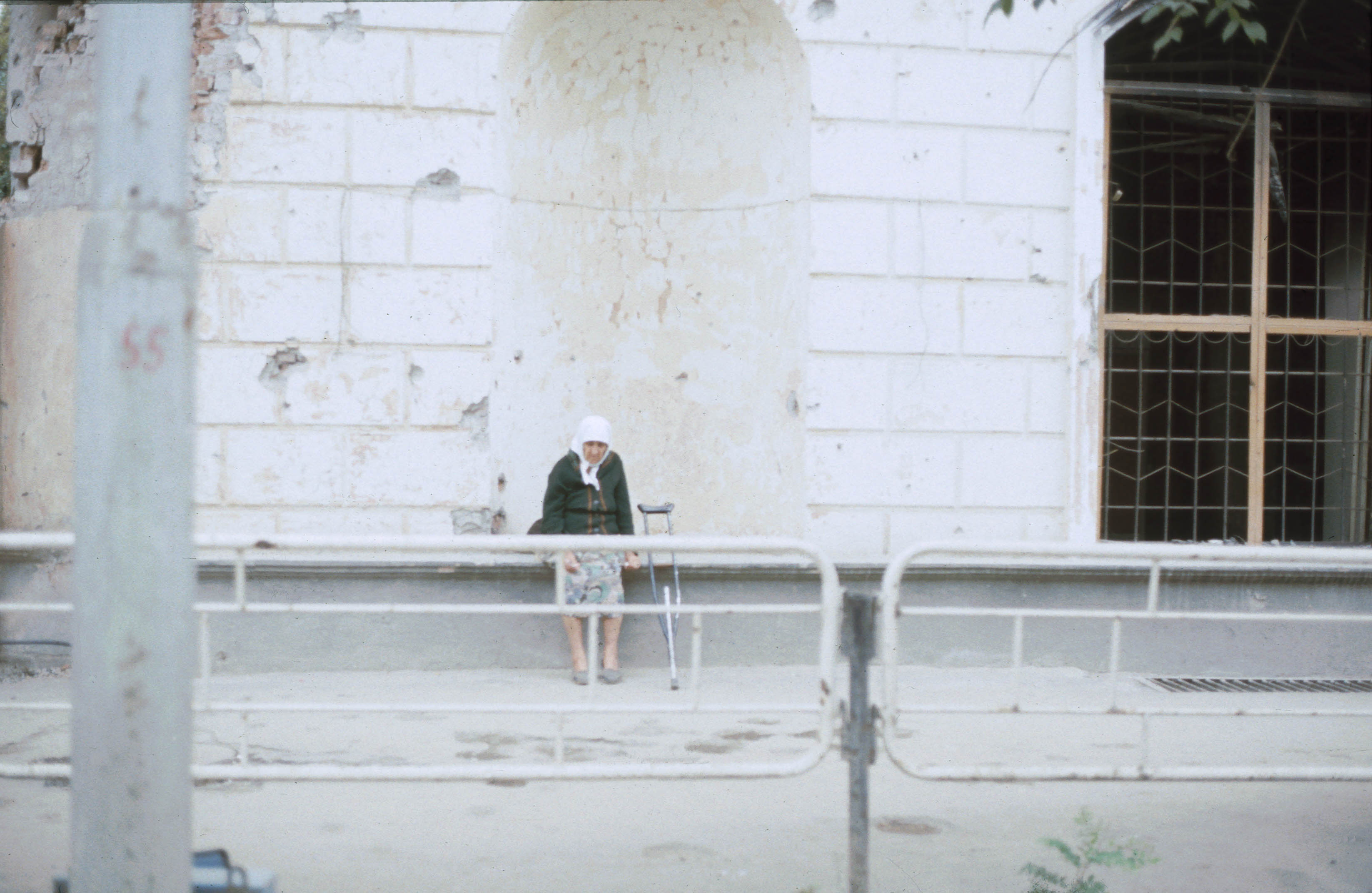
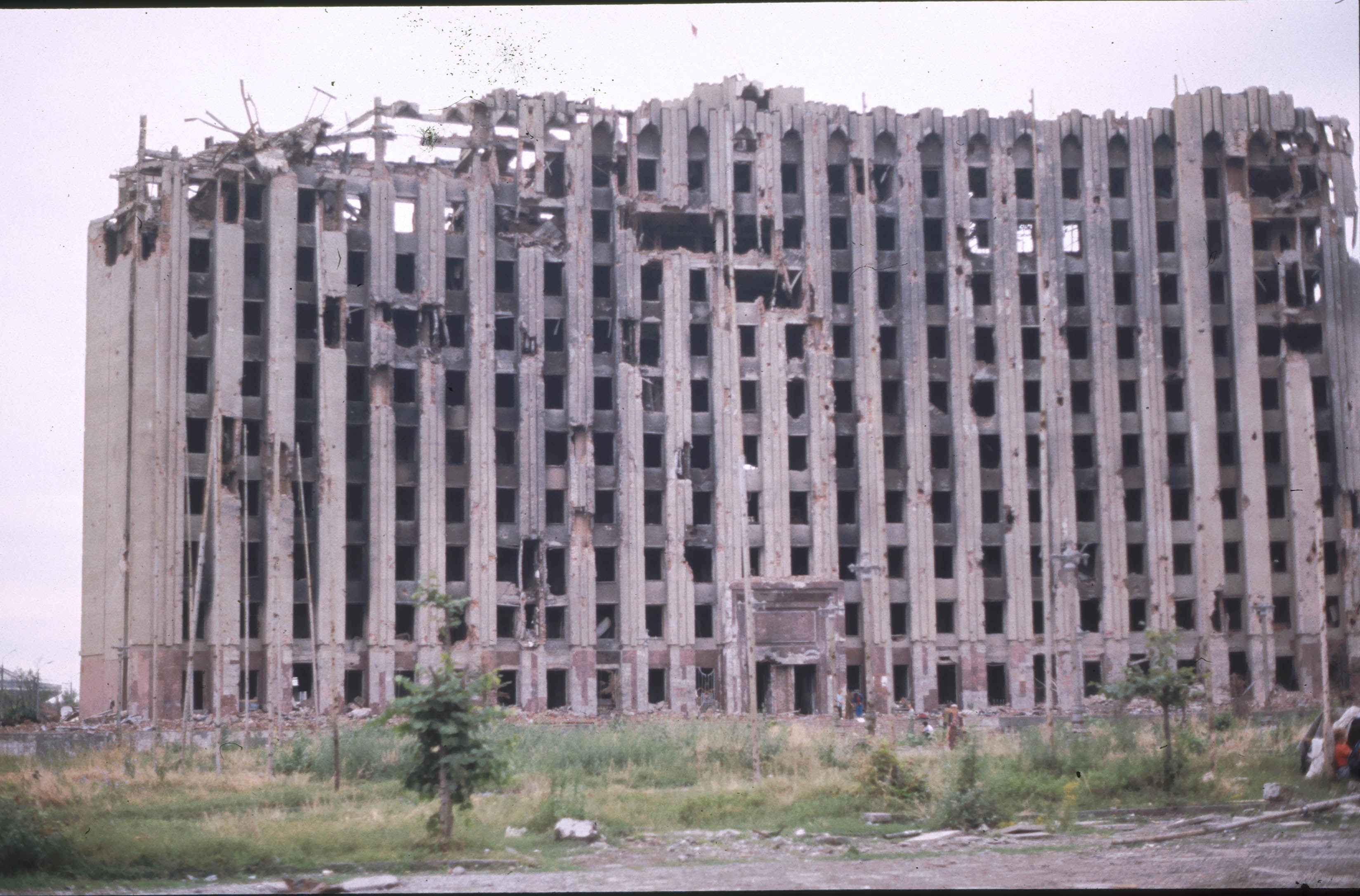
THE EARTH MOVES
A severe earthquake shatters the earth but also shatters the world of the people who are its victims.
In October 2005, the largest earthquake recorded in Pakistan’s history, a huge 7.6 on the Richter scale, devastated the Himalayan foothills in the far north of the country. Over 86,000 people died and a similar number injured. Millions were displaced.
I was sent out there by the Red Cross as part of a mobile hospital surgical team – there had been a huge response to our charity appeal. Our huge tented hospital was landed by helicopters in bits and assembled and working within a couple of days in the middle of a cricket stadium in Muzaffarabad. The groundsman was devastated, not just by the earthquake but by what we were doing to his precious cricket pitch.
I once went up with our Red Cross helicopter ambulance into the high Himalayan mountains looking for injured people. Here, vast mountain sides had been dislodged and whole villages had slid down into the ravines taking the inhabitants with them. We picked up a local shepherd and his ten-year-old daughter – she had a badly broken leg. I said how awful it was for him to have lost everything – his house had been completely destroyed and all his sheep and his livelihood gone.
“But I’ve not lost everything,” he said. “I have my family and I spent all my money on my children’s education. They still have that and nothing can take it away from them.”
In the hospital I noticed his daughter was writing on a torn scrap of paper. When I looked, I saw she was laboriously writing all the English words she was hearing during the ward rounds.
“What do you most need?” I asked her father.
“First – pencils and paper, please,” he replied.
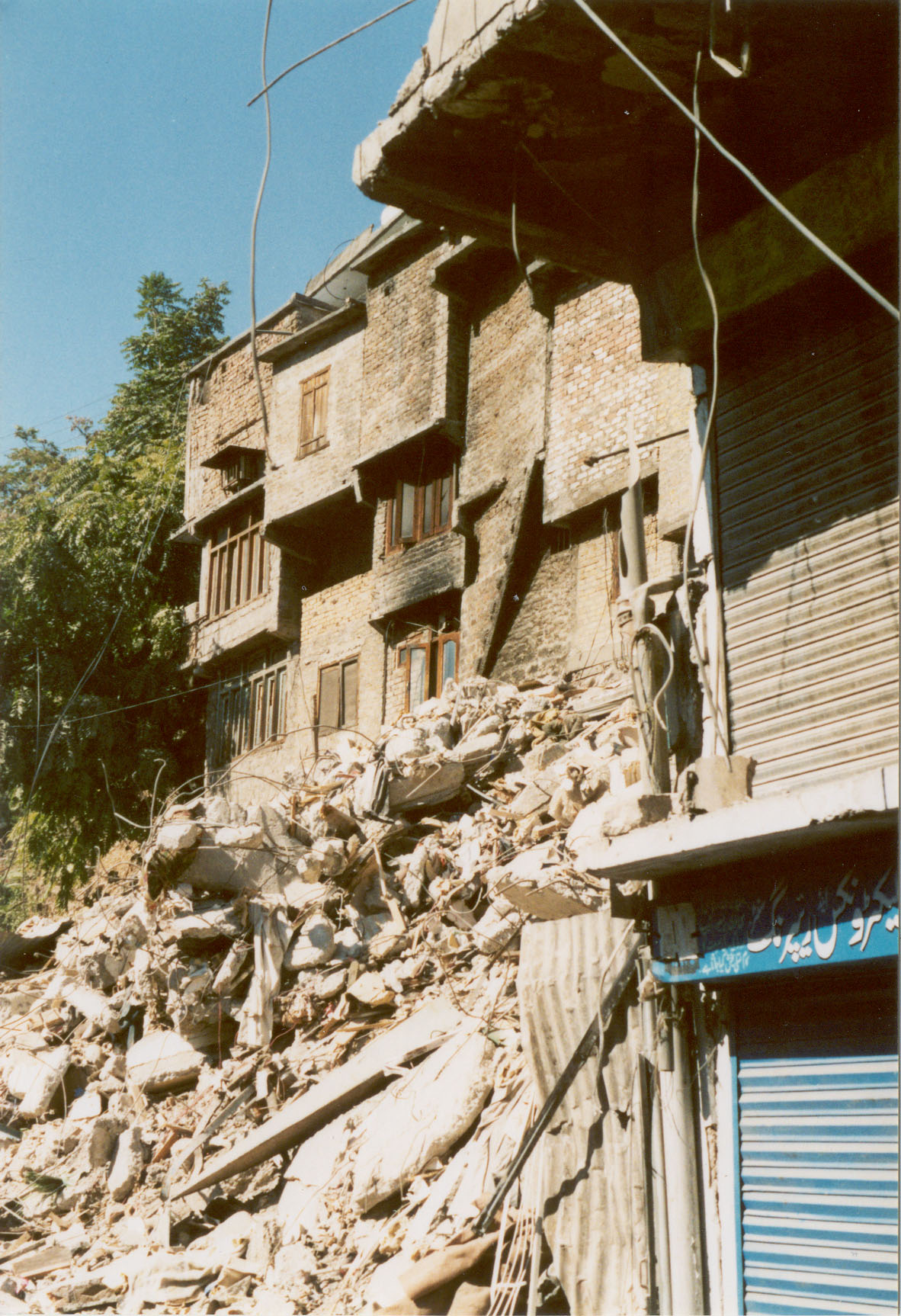
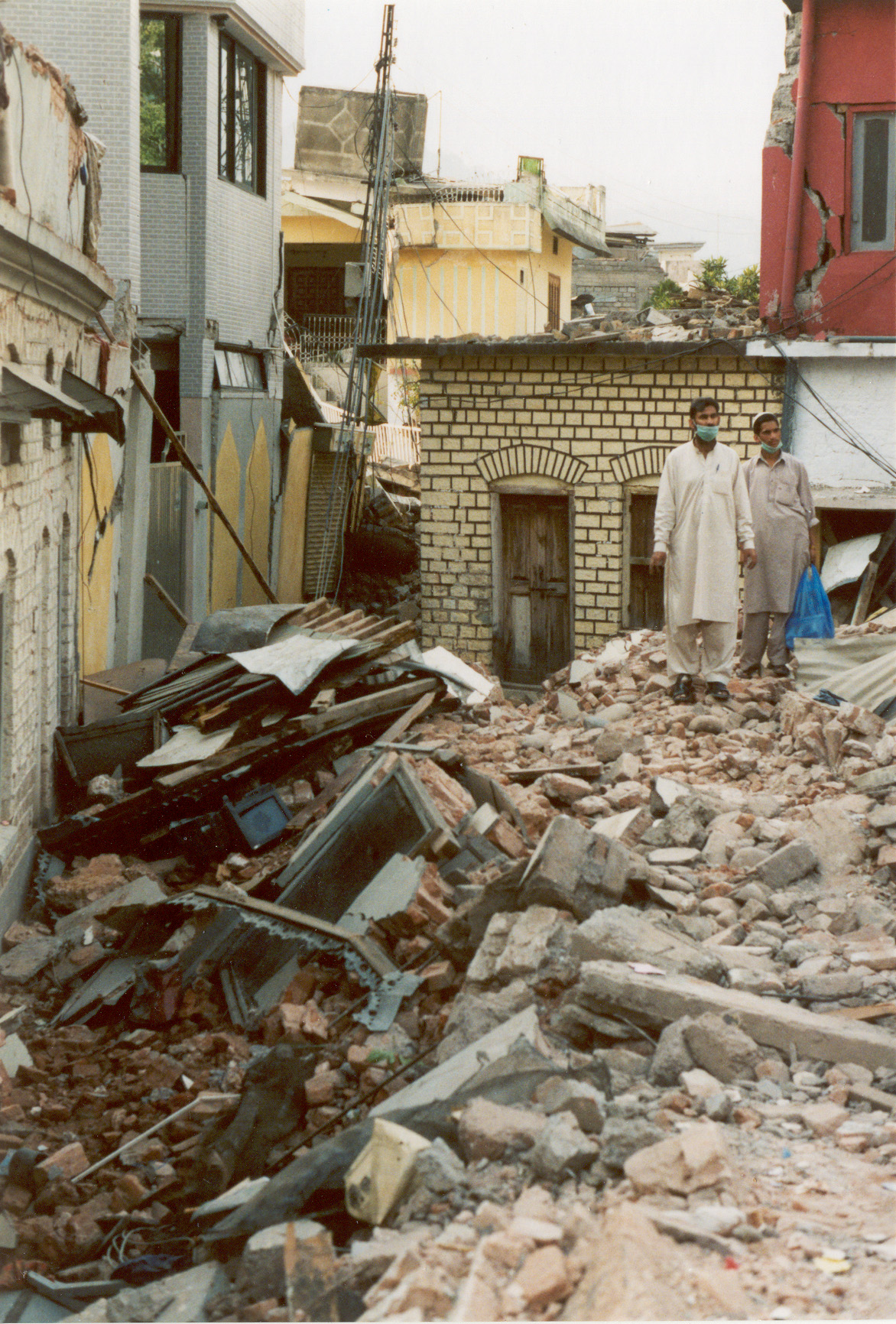
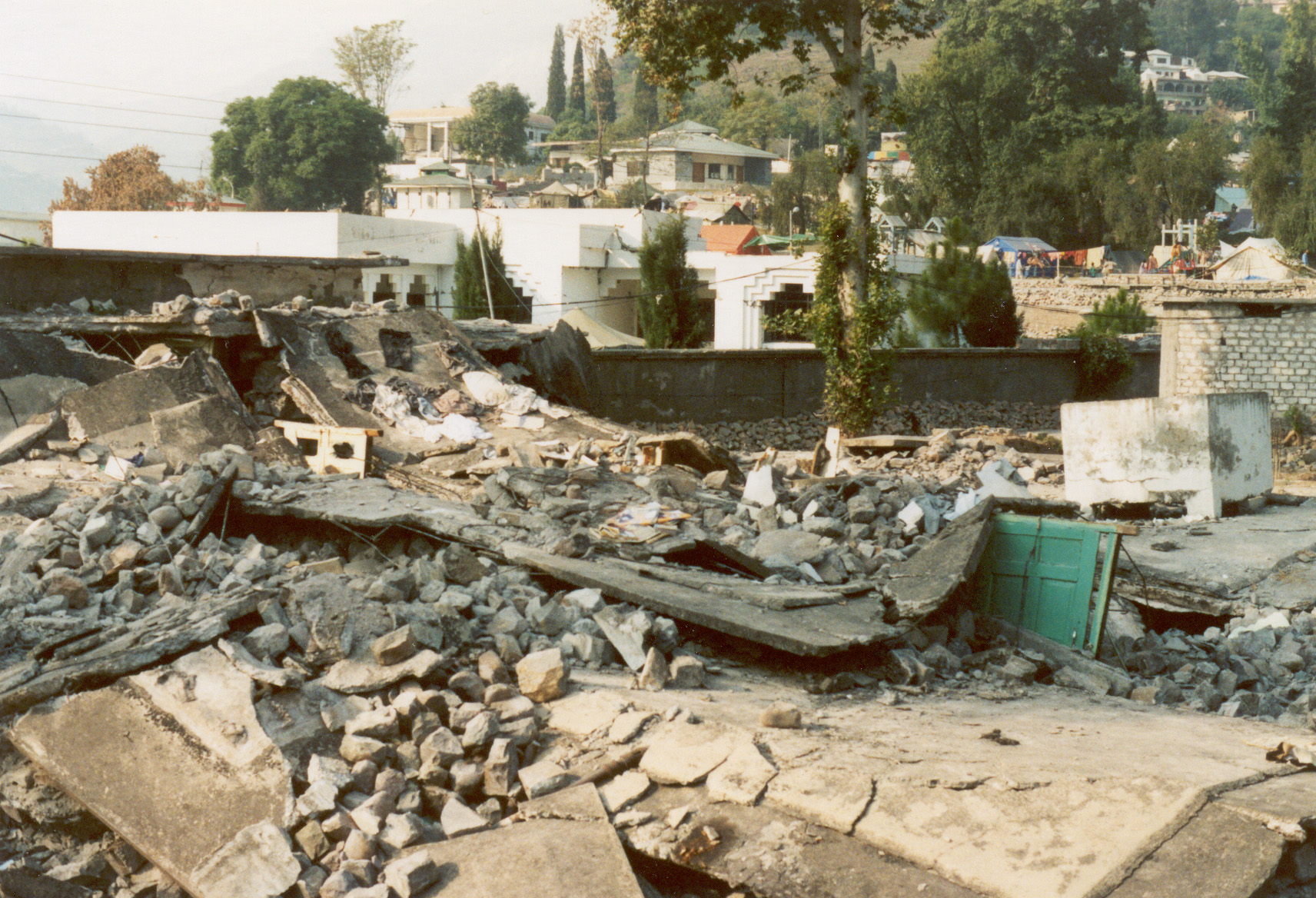
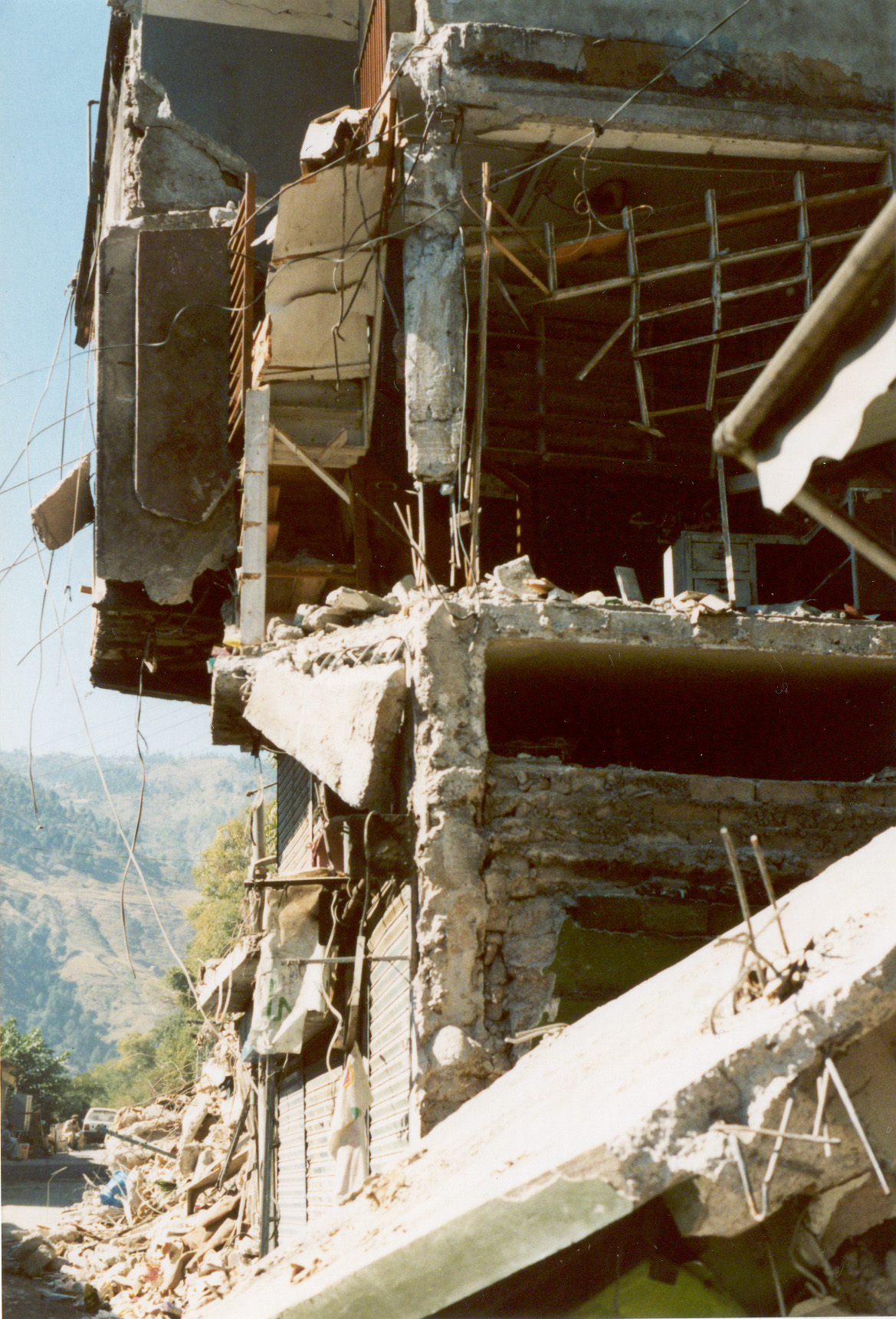
Dr Frank Ryding 2022
Author of Memoirs of a Red Cross Doctor, Pen & Sword History 2017.

